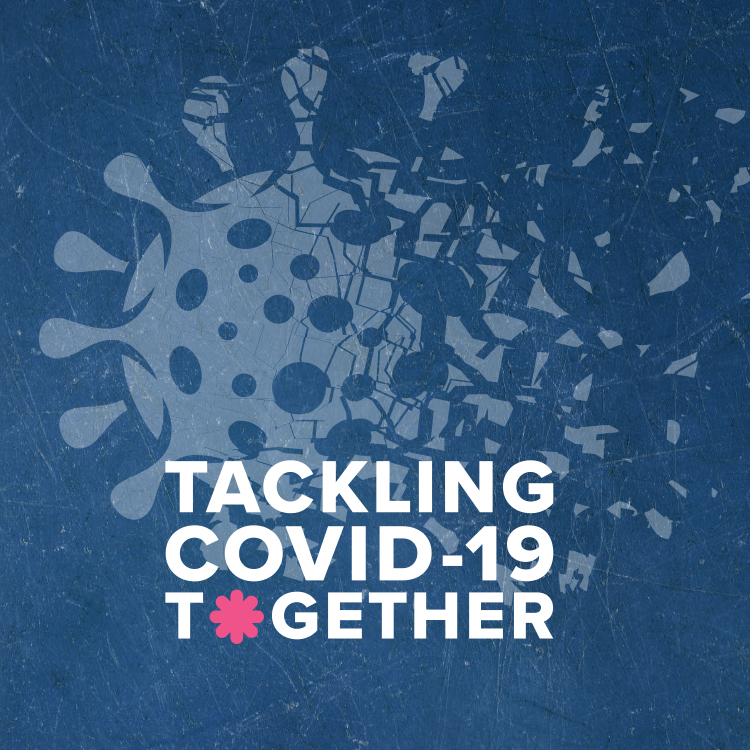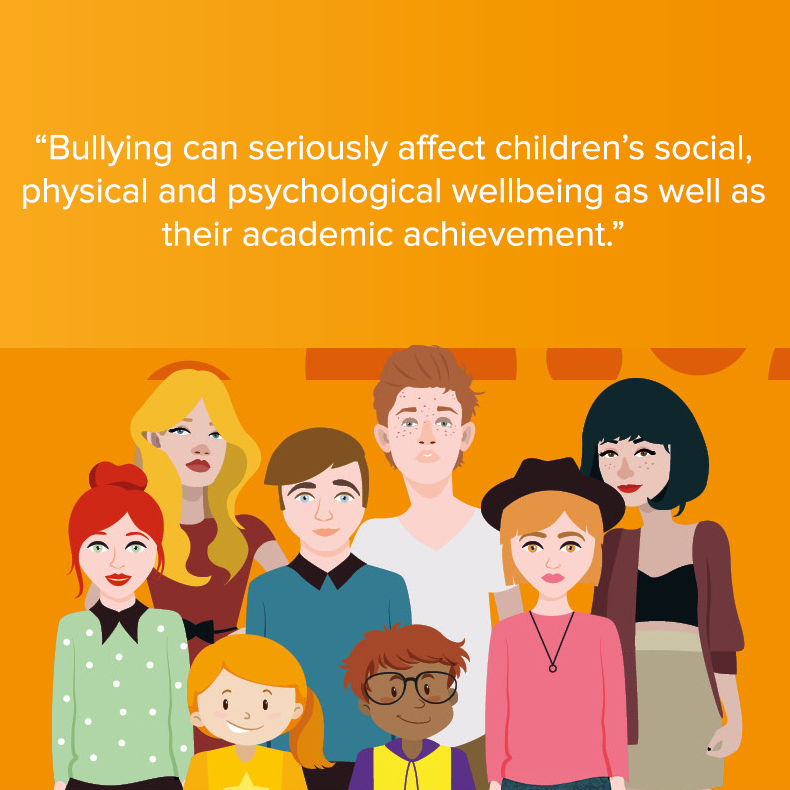Search

Engaging the community in COVID-19 rapid research

The research that is reducing the impact on families done by The Kids Research Institute Australia.

Infographics to easily learn more about bullying and what actions to take should bullying be an issue in your school or community.
Research
IVFIn Vitro Fertilisation (IVF) is an Assisted Reproductive Technology (ART) in which an egg is fertilised by sperm outside the body.
Research
Rheumatic Heart DiseaseRheumatic heart disease (RHD) is the most important cause of acquired cardiovascular disease in children and young adults. Virtually non-existent in most of Australia, it still predominantly affects Aboriginal communities.
Research
Natural disasters and the demand for health insuranceAmidst growing concerns over heightened natural disaster risks, this study pioneers an inquiry into the causal impacts of cyclones on the demand for private health insurance in Australia. We amalgamate a nationally representative longitudinal dataset with historical cyclone records, employing an individual fixed effects model to assess the impacts of various exogenously determined cyclone exposure measures.
Research
In utero and early-life nitrate in drinking water impacts lung function of weanling ratsConsumption of nitrate in drinking water has previously been associated with a range of adverse health effects, including methemoglobinemia and potentially cancer. In animal models, it has been shown to impact respiratory structure and function, however, there is a paucity of data of the effects of in utero exposure on the respiratory health of offspring.
Research
SARS-CoV-2 Infection and Childhood Islet AutoimmunityThis cohort study examines whether there is a temporal association between SARS-CoV-2 infection and the development of islet autoimmunity among Australian children with a first-degree relative with type 1 diabetes.
Research
Measuring cognitive and affective empathy across positive and negative emotions: psychometric properties and measurement invariance of the Perth Empathy ScaleEmpathy, a complex and multidimensional construct essential for social functioning and mental health, has been extensively studied in both research and clinical settings. The Perth Empathy Scale (PES), a recently developed self-report measure, assesses cognitive and affective empathy across both positive and negative emotions and is based on the self-other model of empathy. This study aimed to evaluate the psychometric properties of the Persian version of the PES in large Iranian sample.
Research
Artemisinin combination therapy at delivery to prevent postpartum malaria: A randomised open-label controlled trialAlthough the incidence of malaria is increased in women in endemic areas after delivery compared to non-pregnant women, no studies have assessed the benefit of presumptive antimalarial treatment given postpartum.
